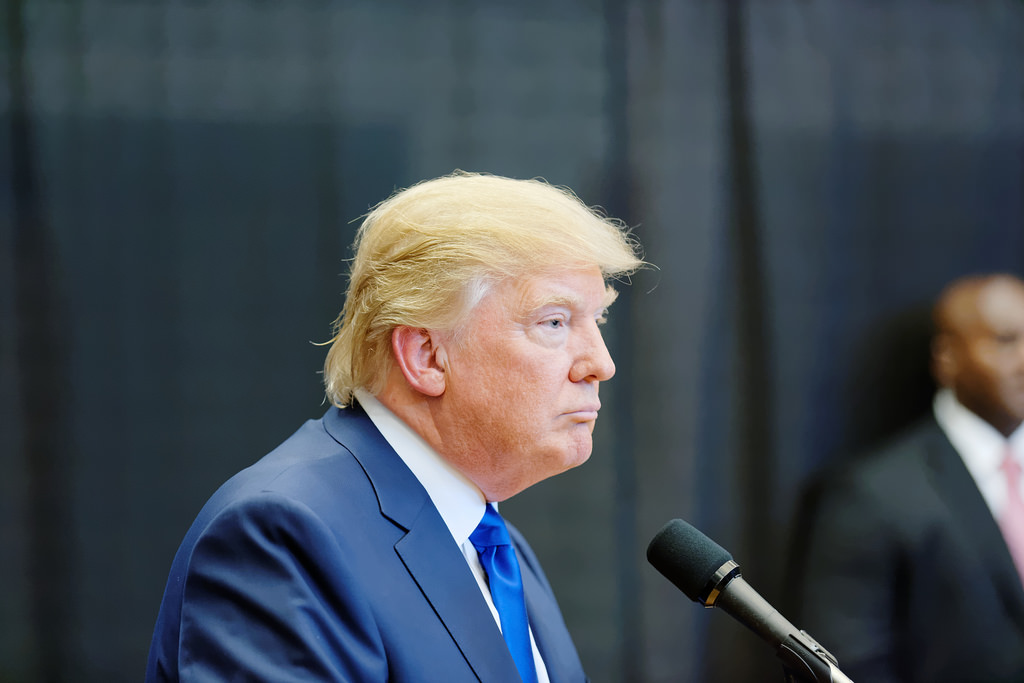As the negative hyperbole that greeted U.S. President Donald Trump’s announcement about recognizing Jerusalem as Israel’s capital subsides, Canada has an opportunity to play a constructive role in helping to reset the international agenda. As a steadfast ally of Israel, Canada should take initiative and encourage the UN secretary general and the international community to pressure Hamas to repatriate the remains of Hadar Goldin.
Goldin was a 23-year-old Israeli lieutenant assigned to decommission a Hamas-built tunnel during Operation Protective Edge in 2014. Less than two hours after a UN- and U.S.-brokered ceasefire came into effect, Hamas violated its terms by killing two soldiers and shooting and kidnapping Goldin. Israeli forensic specialists were later able to determine that Goldin had succumbed to his injuries as Hamas dragged him through its labyrinth of tunnels. His parents have spent the last three years trying to bring their son’s body home.
The UN failed to respond meaningfully to Hamas’ violation of the ceasefire at the time, and has yet to insist that Hamas comply with international law and return Goldin’s body to his family for a proper burial. As a result, Israel’s mistrust of the United Nations has only deepened.
Perhaps in the eyes of the international community, Goldin is at best one more insignificant casualty of the caustic realities of the Middle East. But in the eyes of the Israeli people, Goldin is everyone’s son and brother, and like other missing Israeli soldiers, his name is on the lips of an entire nation in a way virtually unseen in other democracies.
READ: TRUMP WILL RECOGNIZE JERUSALEM AS CAPITAL, BUT EMBASSY STAYS PUT FOR NOW
Israel’s insistence on redeeming captives is grounded in Jewish religious, historical and cultural heritage, and the country is renowned for going to extraordinary and unprecedented lengths to bring home its missing soldiers – whether dead or alive. Certainly the 1976 mission to rescue Israeli hostages held by terrorists in Entebbe, Uganda, is one of the most spectacular and dangerous military rescues of its type.
Israelis seem to differ from Canadians on this issue. The equanimity of the Canadian public in the aftermath of the beheading of two Canadian hostages in the Philippines in 2016 would have been unimaginable in the Jewish state, and would have sent significant reverberations through the political echelons of that country.
The inability of the international community to understand the importance to Israelis of the Hamas ceasefire violation and the Goldin abduction will only serve to further diminish what little credibility it has with an Israeli public that has been given little reason to trust it.
Indeed, the UN and its member states should not be surprised when, further down the road, Israel looks askance at propositions for “peace” coming from these same players who could not take even basic steps to enforce a ceasefire that had their name written all over it.
The international community is losing an opportunity to take a morally imperative and politically beneficial stance on a key issue of Israeli concern. Consequently, Israel will perceive a need to take whatever unilateral action is needed to secure the release of its missing soldiers and to protect itself from the likes of Hamas. Those countries currently silent with regard to Goldin will undoubtedly find their voices in condemning Israel’s exercising of its legitimate right to act. But given their record, Israel will quite rightly press “mute” and do what is necessary to protect itself and bring its people home.
Canada can intervene to help guide the UN toward positive action on this issue, placing an important brick in the foundation of mutual trust that must be established if the UN has any chance of being a credible broker for peace. If not, the world’s largest international institution will predictably continue failing to live up to its crucial mandate.
